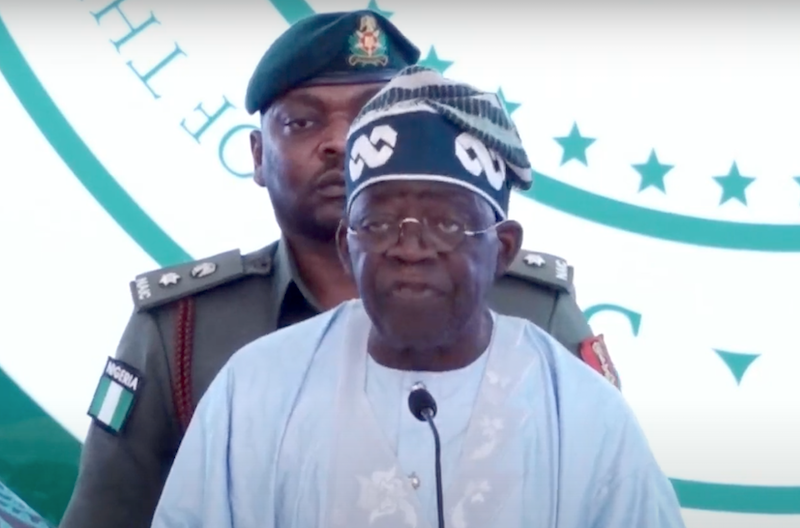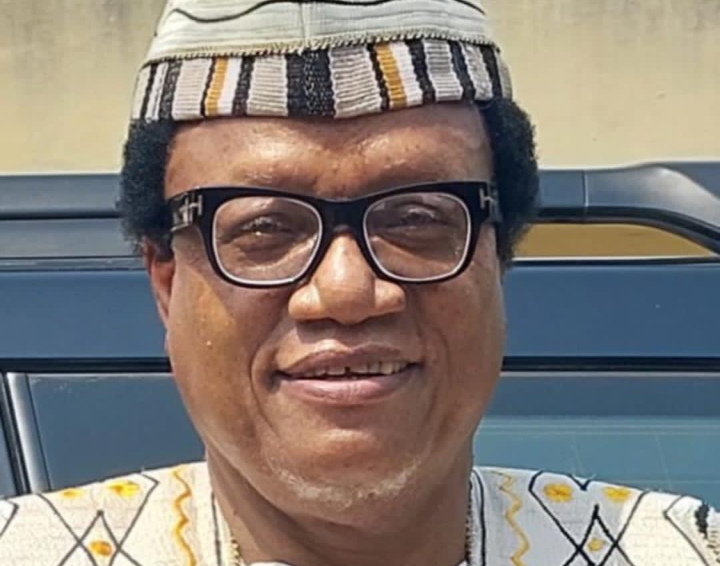The Senate at plenary on Thursday passed for second reading, a bill to repeal and enact the Students Loan Access to Higher Education Act, 2024.
The bill was sponsored by Sen. Opeyemi Bamidele (APC-Ekiti).
Senate President Godswill Akpabio, had read a letter from President Bola Tinubu, transmitting the bill to the Senate for consideration and passage.
Following this, the bill was read and passed first reading, and consequently second reading after debate.
Leading debate on the bill, Bamidele said it sought to enhance the implementation of the higher education loan scheme, by addressing challenges relating to management structure of the Nigerian Education Loan Fund (NELF).
He said the bill would also address applicant’s eligibility requirements, purpose of loan, funding sources and disbursement.
Bamidele said the bill also had the objectives to provide loans to qualified Nigerians to pay tuition, charges and upkeep during their course of study in approved tertiary education institutions, vocational and skills acquisition institutions in Nigeria.
According to him, the bill will help to build, operate and maintain a diversified pool of funds to provide loans to qualified applicants and ensure access to higher education, vocational training and skills acquisition.
He said the bill would help to ensure the recovery of all debts due to the fund from loans granted to qualified applicants, except where the board is of the opinion that a loanee should be exempted from repayment.
He said this would be in the event of death, considerations of hardship and impossibility or undue difficulty to repay the loan.
He appealed to the lawmakers to give the bill expeditious passage because of its strategic importance to manpower development, in line with the policy thrust of the Tinubu’s administration.
Deputy President of the Senate, Sen. Barau Jibrin (APC-Kano) said President Tinubu had signed the bill when he assumed office, adding that the president brought the principal act back for amendment.
This, he said, was to ensure easy execution and give opportunity to indigent students who wanted to be educated but did not have the wherewithal.
Barau said the bill would provide finance and allow them access to finance for their education and be educated.
“No other president has shown a passion to help advance our tertiary educational system like President Tinubu.
“Let us give him all the necessary encouragement to make sure that this bill succeeds and he implements it.
“We commend him for continuing on this trajectory until he takes our tertiary educational system to the next stage,” Barau said.
The bill, after it passed second reading, was referred to Committee on Tertiary Education Trust Fund (TETFund) for further legislative inputs and report back to plenary on the next legislative date.





